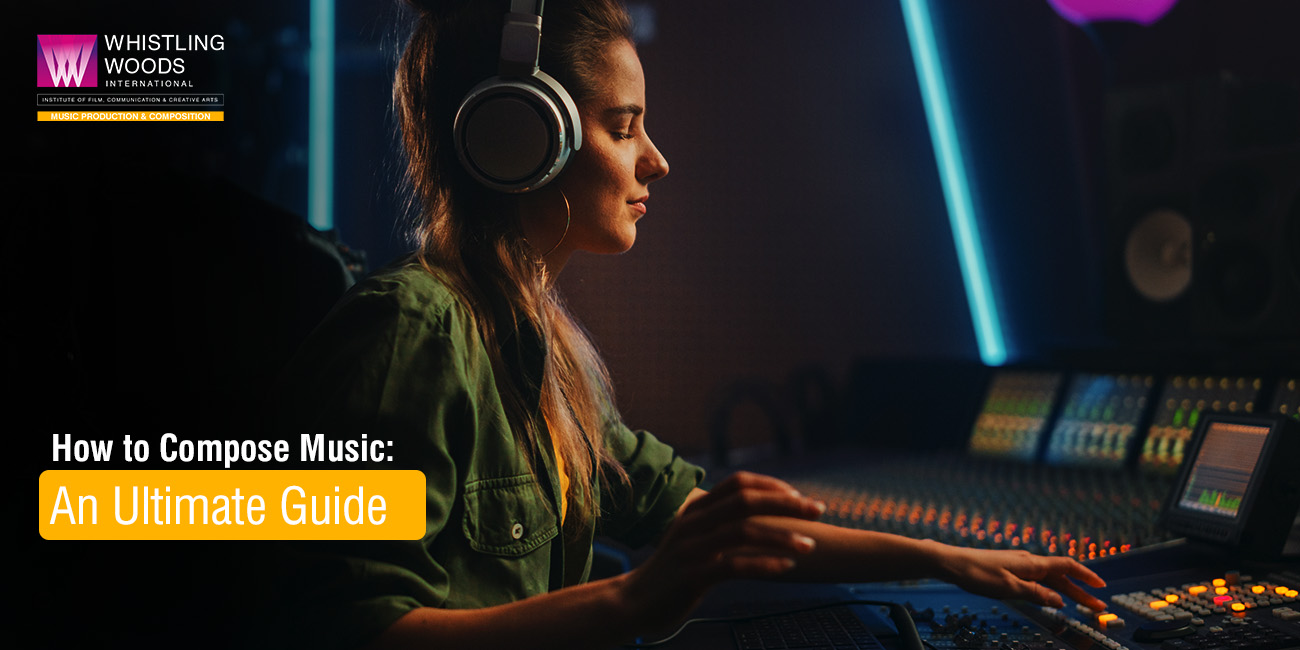What is music composition?
Songwriting and creating are often used interchangeably, but songwriting typically refers to composing music and lyrics. Specifically, writing music is known as ‘composing.’ Whether you create music for the public or for personal enjoyment, you are a composer.
To begin, you need a moderate level of musical knowledge and skills, as well as a basic understanding of music theory. It’s beneficial to play a musical instrument or have some vocal training. Ideally, you should also be able to read musical notation. Beyond these technical aspects, you should have a passion for music, a drive to create, and a commitment to the process (as it can be lengthy). Above all, you should be eager to learn and improve continuously. If this resonates with you, you’ve come to the right place.
How do you compose a classical song?
Although these steps are ideally completed in a roughly chronological order, successful composers often tackle many of them simultaneously. When you write music, you never truly reach a finish line. The key is to establish a solid foundation and continually build upon it.
Observe and examine everything.
Be open to exploring various genres of music, including traditional, folk, or rock. Also, don’t hesitate to experiment with newer styles. True inspiration can be found anywhere. The more you learn about music, the more ideas and tools you will have for your writing arsenal.
Study music theory and sight reading.
The more proficient you become at understanding or reading music notation, the better you will be at putting your thoughts down on paper and eventually recording and polishing them. Developing a lot of inspiration is essential for learning how to write catchy melodies. Additionally, you will immerse yourself in phrasing, dynamics, and rhythm. Once you gain proficiency with the structural elements of melodies, learn how to notate them so you can share your music with others.
Choose a Song Structure or Format
Music that repeats in predictable patterns attracts attention and is retained by listeners. Songs would be quite overwhelming without a musical structure, given the multitude of ways to combine notes and chords. This applies not only to listeners but also to composers. Once you’ve mastered the basics, don’t hesitate to experiment with a well-known song format if you want people to love your music.
Start with the melody.
You will undoubtedly become perplexed or overwhelmed if you attempt to write all your parts simultaneously. Start with one section, finish it, and then move on to compose the remaining parts. Your melody is a good place to start, especially if you are a beginner, as it is typically the part of your song that people will remember most. When you begin with your melody, you are not yet constrained by any particular chord progressions.
Also Read: What Should I Know Before Going To A Music College?
Create and Polish the Score or Chart
Depending on the type of music you’re composing and the musicians who will perform it, you may need to create either musical scores (for classical or instrumental pieces, for example). Your charts will evolve as you develop your music and its various parts. It’s beneficial for beginners to create a chart for each section as they write it and update it as they progress. Alternatively, you could create your charts just before completing the song, ensuring nothing is overlooked.
Music courses in India offered by us:
The Whistling Woods International School of Music was established with the intention of training highly skilled music directors through essential instruction in music production. From fundamental theory to advanced modern music production techniques, our curriculum covers the entire spectrum of music creation. Created by industry professionals, the curriculum emphasises practical learning through hands-on experience with cutting-edge software and hardware.
WWI’s School of Music is the ideal place to hone your skills if you’re looking for a music school in Mumbai. Students receive extensive instruction in both the creative and technical aspects of music production and composition, exploring Indian, Western classical, and folk music.

